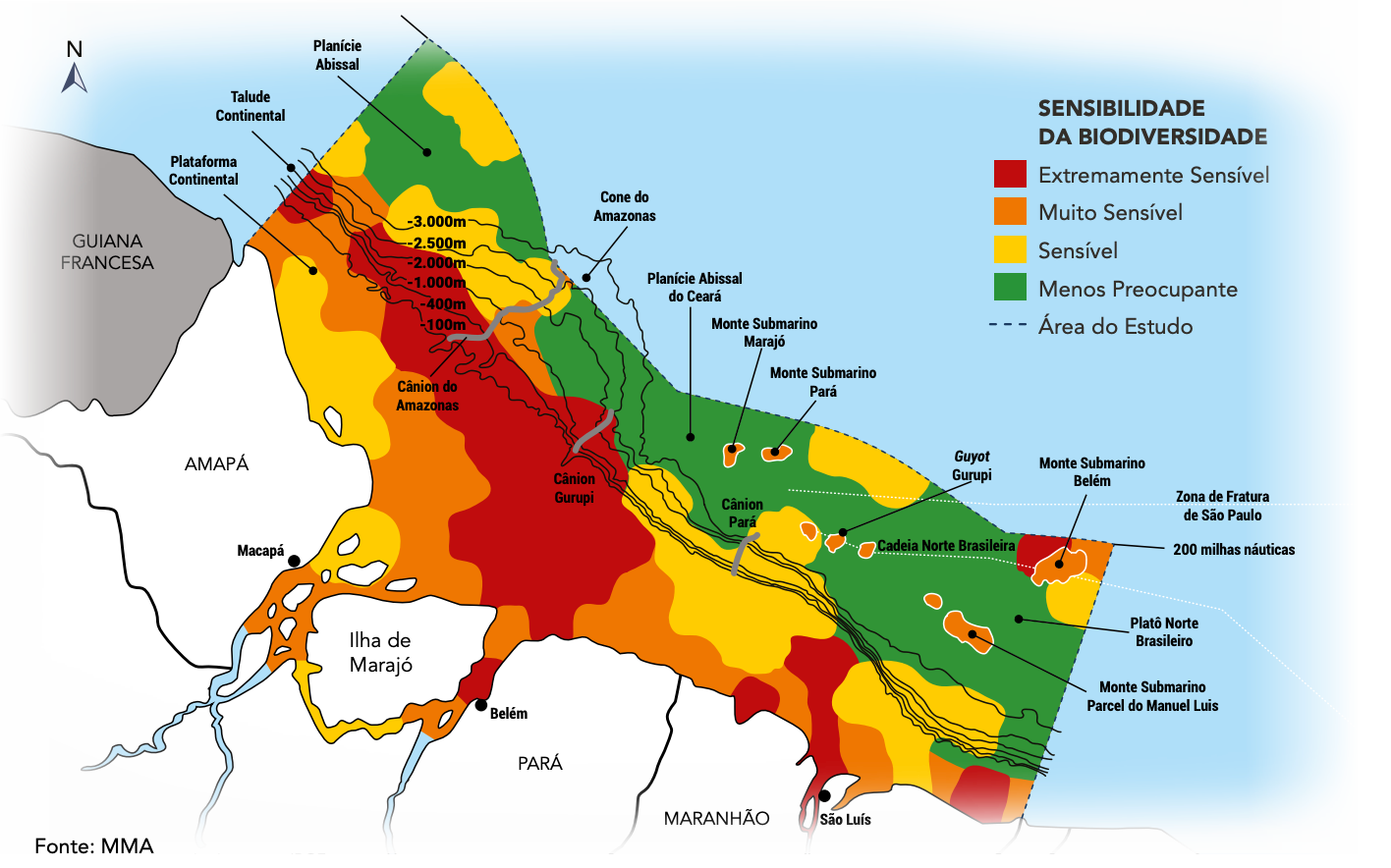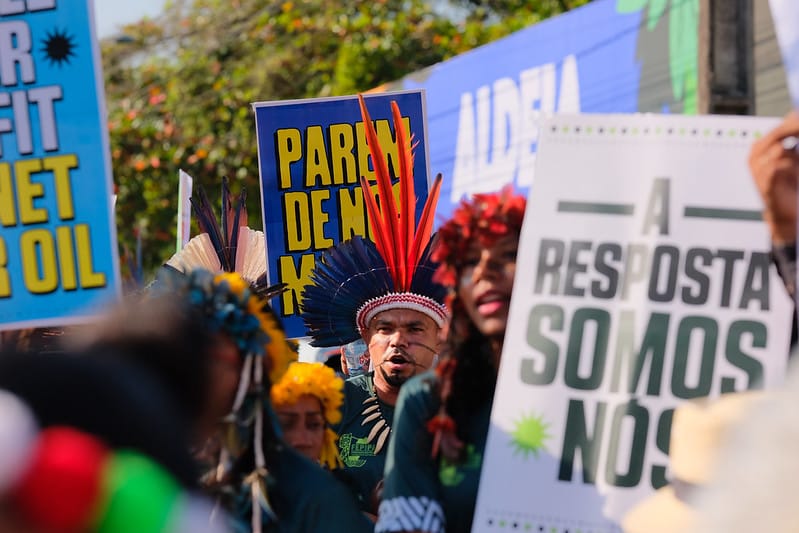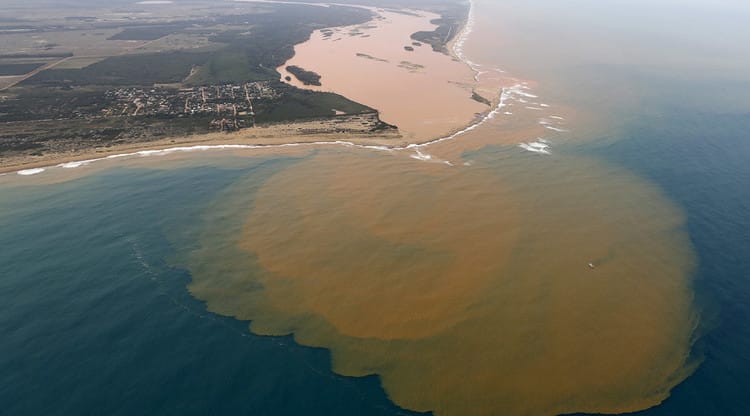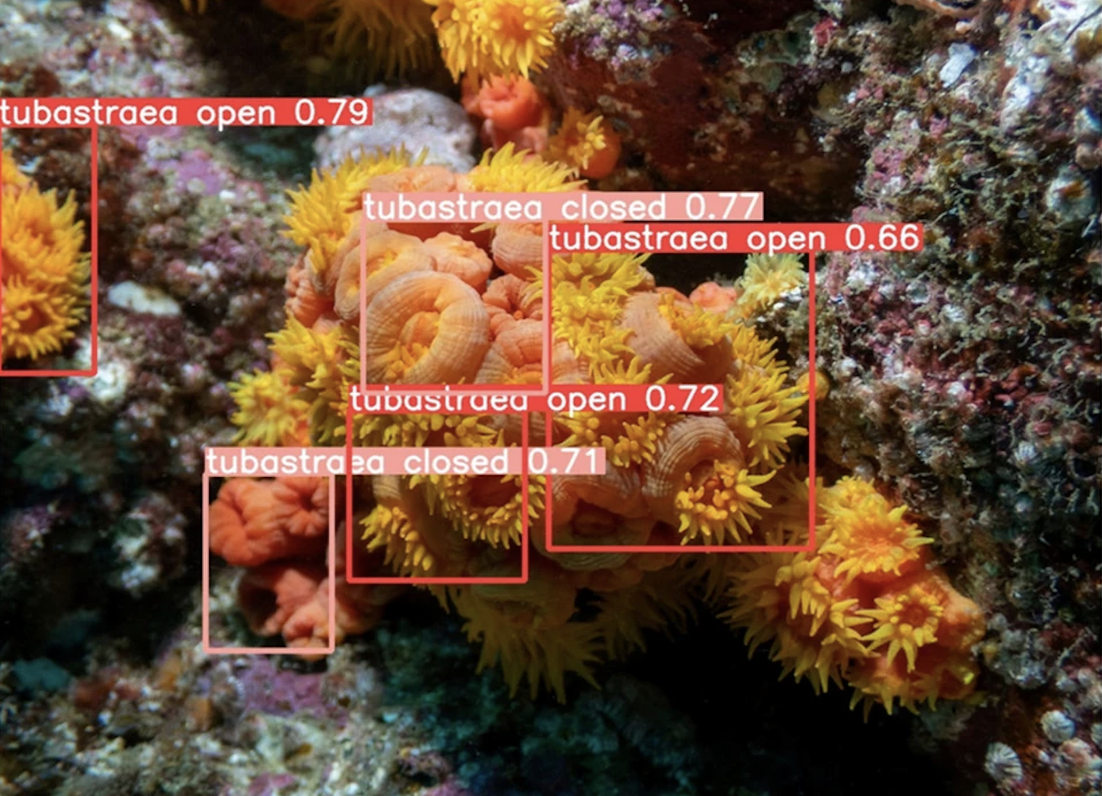Researchers launch a document with strategic proposals for the Mouth of the Amazon River
Among the proposals are the creation of Infa (National Institute of the Mouth of the Amazon) and a mosaic of protected marine areas in the Mouth of the Amazon

A group of 19 researchers submitted a document containing proposals for the mouth of the Amazon River to the Ministry of the Environment, delivered on August 20, 2025.
Titled “Strategic Scenarios for Expanding Scientific Knowledge and Protecting the Biodiversity of the Mouth of the Amazon River”, the work was presented during an event at the Goeldi Museum in Belém (PA).
Among the primary proposals are the establishment of two structures:
- Infa (National Institute of the Mouth of the Amazon River)
- Mosaic of Protected Areas in the Sea of the Mouth of the Amazon River.
National Institute of the 'Mouth of the Amazon River'
Infa would aim to integrate multidisciplinary research and collaborate with traditional communities and decision-makers. The institute would focus on ecology, climate change, natural resource management, remote monitoring, geopolitics, social development, and technology, all while promoting sustainability.
The main issue to be addressed is that current scientific studies in the region are fragmented and focused on isolated elements of the ecosystem, lacking an integrated perspective.
Mosaic of Protected Areas in the 'Mouth of the Amazon River'
The creation of a mosaic of protected areas would consider various levels of use and protection, engaging in dialogue with communities, fishermen, and economic sectors.
The goal is to combine environmental sustainability with economic development, protecting biodiversity and local ways of life.
Management would be conducted by a representative council that includes diverse social, governmental, and economic stakeholders.
- Read also: Petrobras closer to exploring oil in the Amazon Mouth Basin (in Portuguese)
Context
The Mouth of the Amazon is classified as a top-priority conservation area by the Ministry of the Environment and Climate Change.
There are 54 Conservation Units along the coast, but researchers assess that the marine zone beyond the 12-mile coastal limit is severely underprotected.
Therefore, recommendations include Strict Protection Areas, Sustainable Development Areas, and Ecological Corridors to protect endangered species and sensitive habitats, with management shared with traditional communities.
Moreover, the document highlights that the Marajó Archipelago region exemplifies social inequality, with a low Human Development Index (HDI), inadequate sanitation, disease prevalence, and vulnerability to extreme climate events.
For this reason, environmental protection measures have a direct impact on food security, health, and quality of life for these populations.
We Spoke with Alexander Turra, One of the Document's Signatories
Correio Sabiá interviewed Alexander Turra, a professor at the Oceanographic Institute of USP (University of São Paulo) and one of the document’s signatories.
“There’s a start of ideas and reflections about what needs to happen so that, in the case of an oil exploitation scenario, the territory actually benefits from it—because that’s the great argument: ‘oil will come to develop the region.’ But not necessarily. It could be—understands? What needs to happen for it to be ‘yes’ or ‘no’? That’s the point,” he said.
Turra stated that the researchers will continue building on the document to “make additions:
“There are several things that can be included here, as if it were a large platform of conditions for oil to effectively bring something positive.”
Download the Full File
Economic and Geopolitical Context
The release of the document aligns with political disputes over oil exploration (or not) in the so-called Equatorial Margin, mainly connected to the state of Amapá.
After issuing a series of reports opposing exploration by Petrobras, Ibama (Brazilian Institute of Environment and Renewable Natural Resources) approved Petrobras’s PPAF (Wildlife Stranding Protection and Response Plan) on May 19, 2025, a crucial step toward drilling the first exploratory well in block FZA-M-59.
The researchers recognize the economic opportunities of offshore oil, natural gas, and renewable energy exploitation –and are not opposed– but they emphasize strict environmental and community safeguards.
In his interview with Correio Sabiá, Alexander Turra said:
“This oil exploration doesn’t necessarily lead Brazil toward the energy transition. Of course, that’s not the only context in which the decision is being made. There are geopolitical and energy independence considerations in the short and medium term that make it necessary for Brazil to still explore oil. At least that’s how some groups understand it, if it’s a strategic decision. Obviously, this will bring challenges. It will bring both potential and problems.”
Watch the entire interview on Correio Sabiá's YouTube channel:
Autor

Jornalista e empreendedor. Criador/CEO do Correio Sabiá. Emerging Media Leader (2020) pelo ICFJ. Cobriu a Presidência da República.
Inscreva-se nas newsletters do Correio Sabiá.
Mantenha-se atualizado com nossa coleção selecionada das principais matérias.



